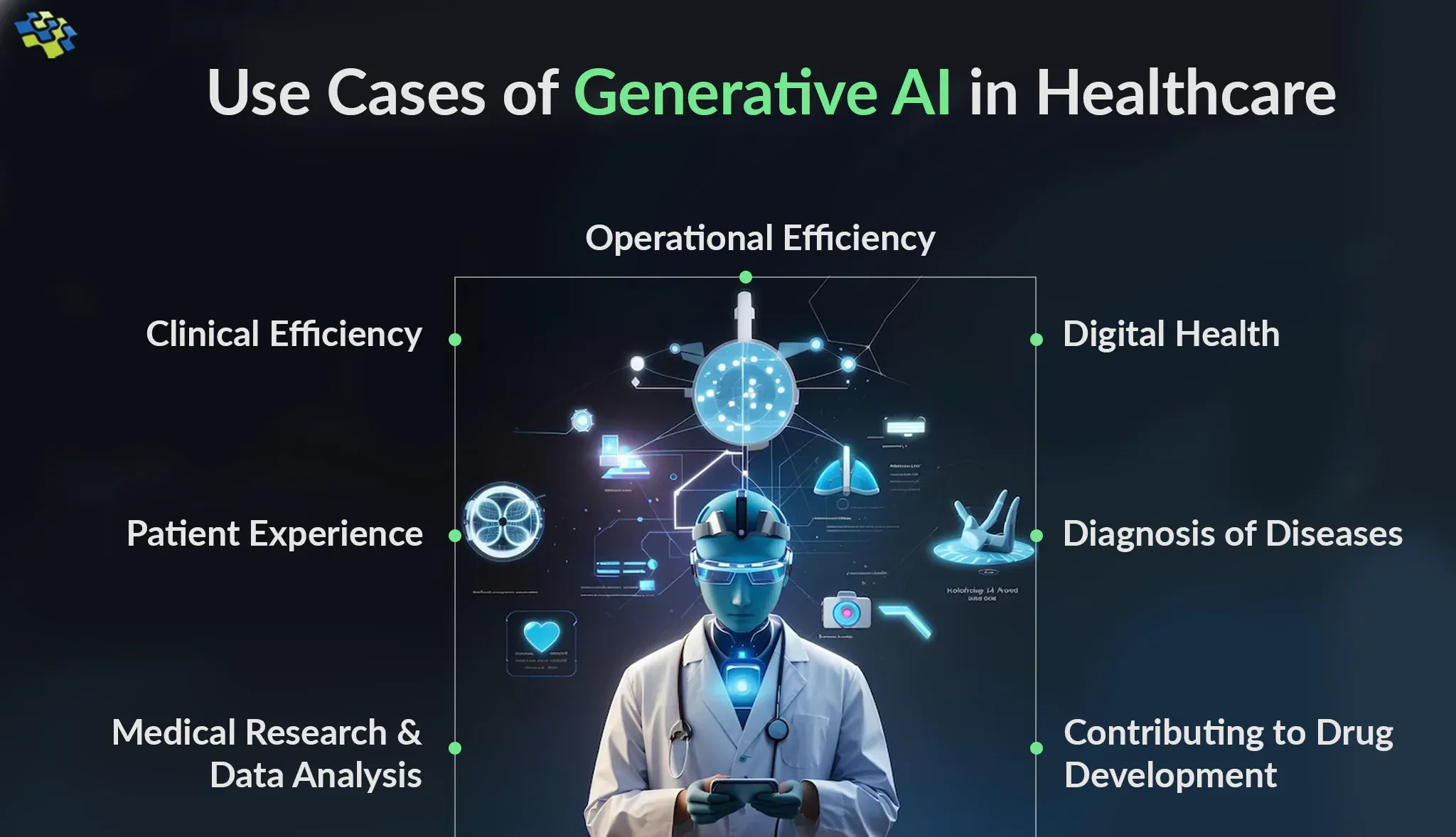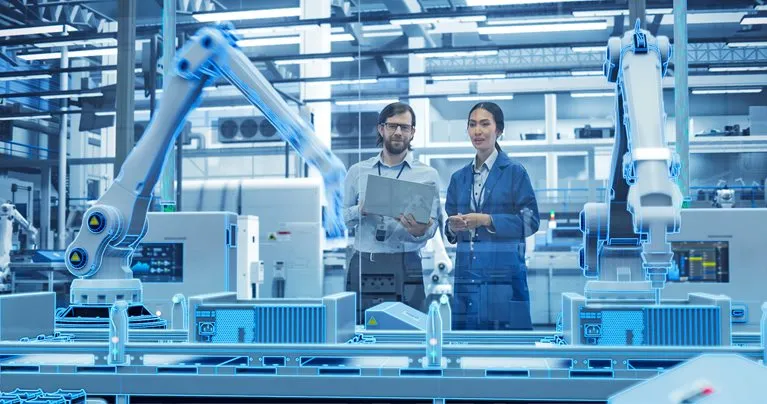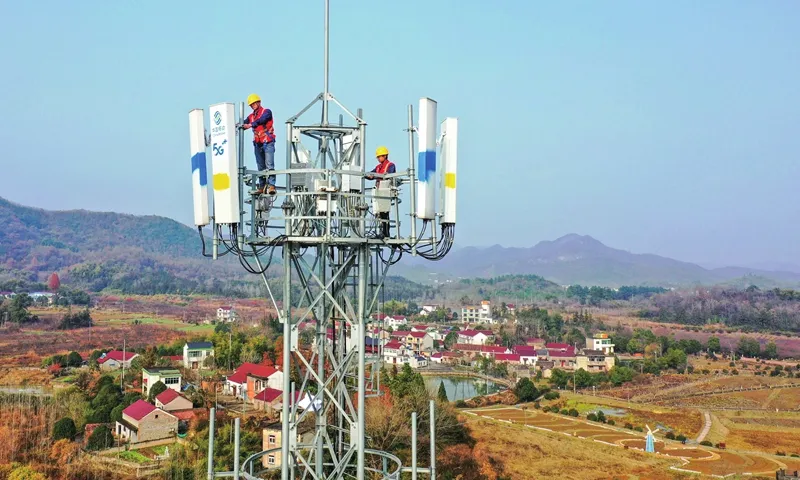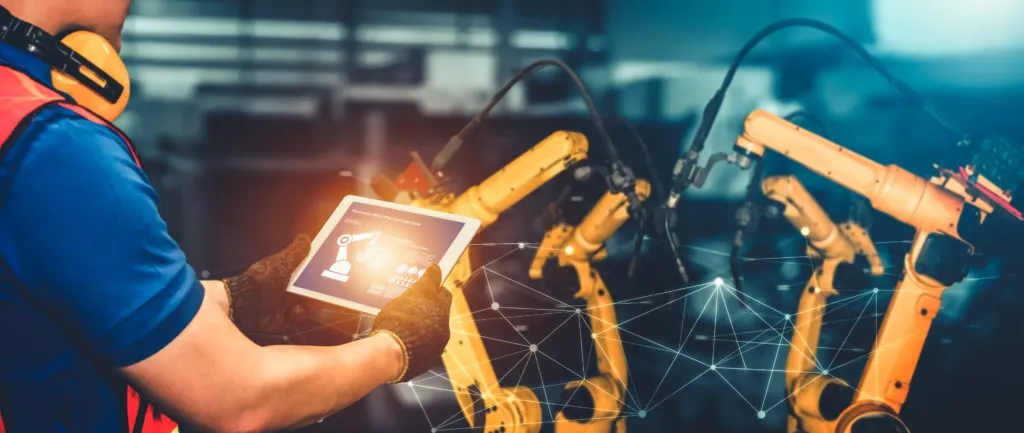中国快讯 (ChinaCrunch) 为中国读者提供及时的加密新闻、市场洞察和监管动态。
AI-Driven Healthcare And Urban Intelligence: China’s Next Frontier
Artificial intelligence (AI) is rapidly transforming China’s healthcare landscape and urban infrastructure, enabling data-driven decision-making, predictive analytics, and automation in both public and private sectors. From hospitals to smart city systems, AI technologies are being integrated to improve efficiency, enhance service quality, and






